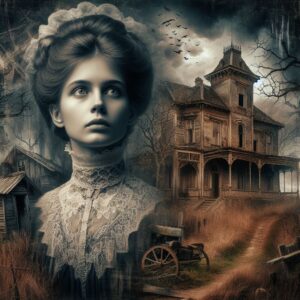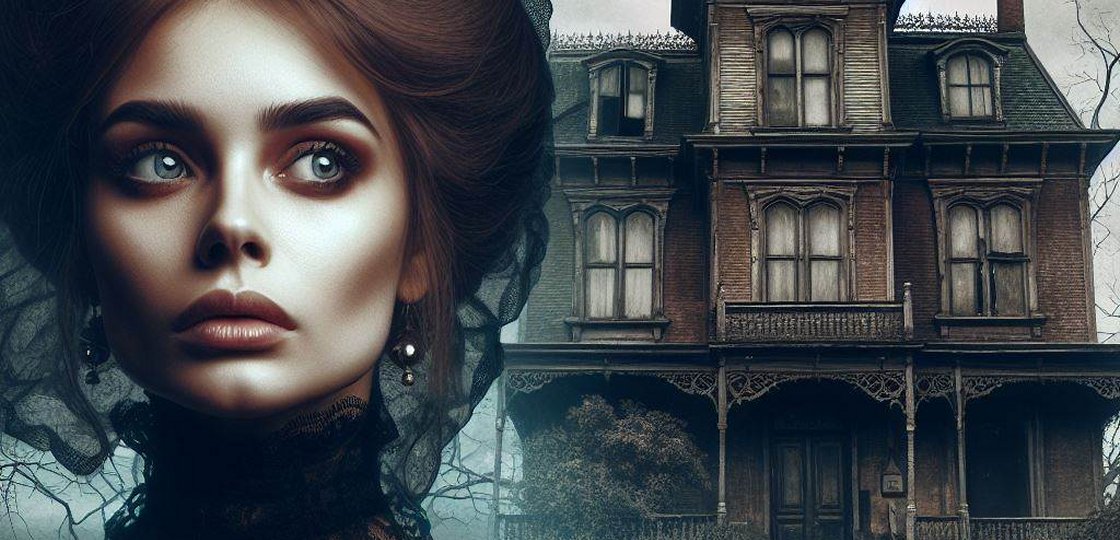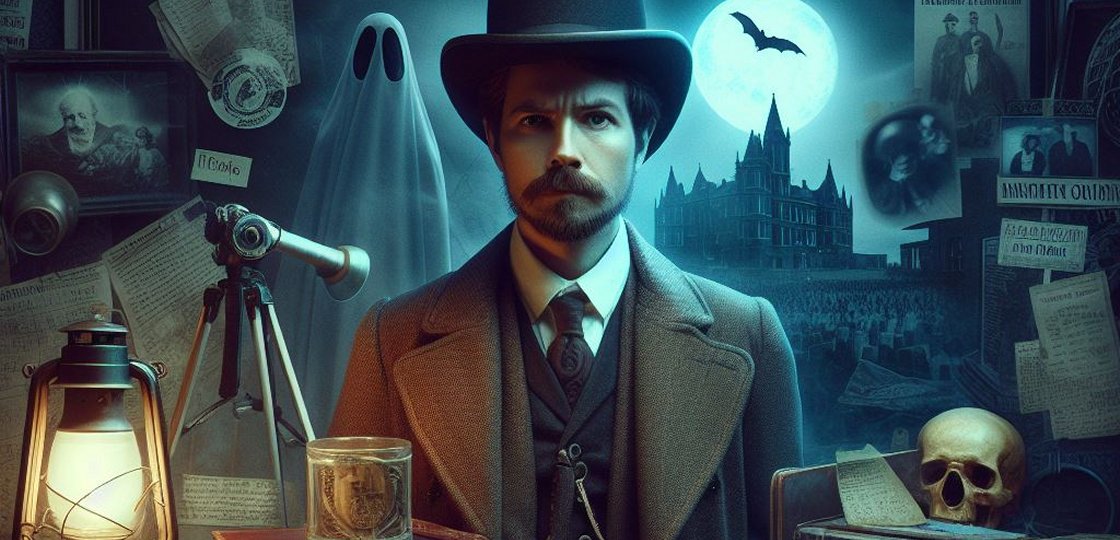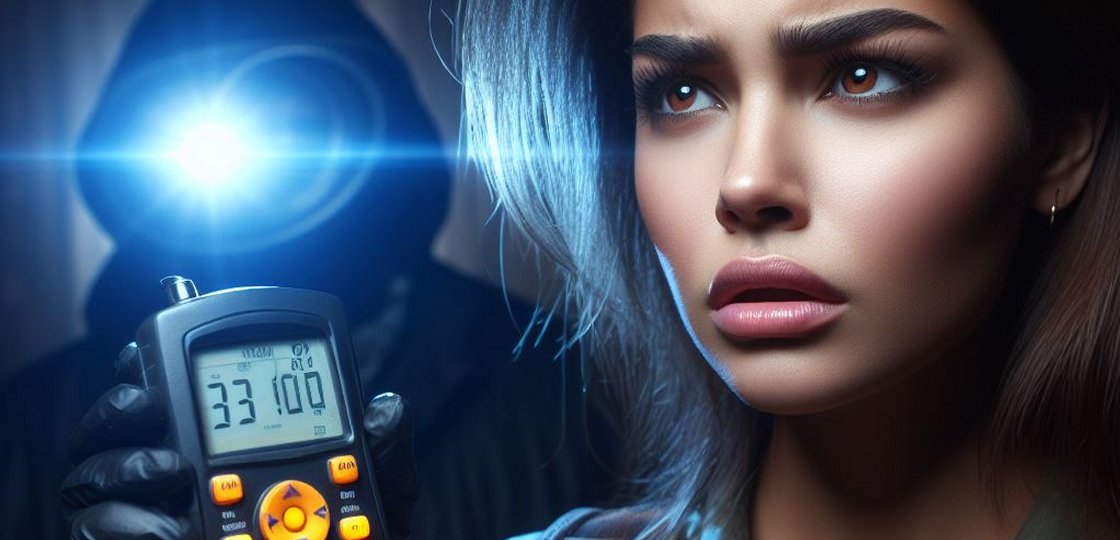Exploring the realm of ghost stories brings forth a crucial ethical consideration – the use of real people’s names, particularly those linked to historical events or tragedies. My personal investigations at locations like the Toledo Repertoire Theatre and Villisca have enlightened me to the fine line between historical fact and the exploitation of tragedy for a compelling narrative.
In my investigation of the Toledo Repertoire Theatre, I uncovered the heartbreaking, historical fact of a young girl tragically losing her life on the property. This revelation shifted my perspective – I wasn’t merely there to “hunt for ghosts.” Instead, I became acutely aware of the human tragedy behind the paranormal activity. My visit to Villisca only intensified this realization. As I stepped into the house, my excitement of entering one of Iowa’s most haunted houses gave way to somber reflection. It became evident that this wasn’t meant to be a lighthearted adventure – people had died here, and they had suffered immensely.

Ghost stories have captivated human imaginations for centuries, weaving tales of the supernatural into our folklore. While many are purely fictional, some are rooted in genuine historical events or real-life tragedies. A contentious aspect arises when real people’s names, especially those associated with unfortunate events near allegedly haunted properties, are incorporated into these narratives. As a community, it’s imperative to delve into the ethical considerations surrounding the use of real names in ghost stories, investigations, videos, and the like. I firmly believe that paranormal investigators and ghost hunters bear a responsibility to honor the memories of the deceased rather than exploit tragedy for the sake of a thrilling narrative.
A common assumption in ghost stories oversimplifies the complex nature of the afterlife – that anyone who dies on or near a haunted property automatically becomes a ghost haunting the area. Paranormal investigators and ghost hunters should exercise caution before attributing supernatural occurrences to the spirits of the deceased. While using real names may add authenticity to a ghost story, it’s crucial to distinguish between speculative tales and verified historical facts.
The ethical dilemma surfaces when real individuals’ names are used in ghost stories without due consideration for their lives, personalities, and the circumstances of their deaths. Experiencing a tragedy on a property doesn’t automatically mean one is haunting it. Paranormal investigators and storytellers must respect the memory of the deceased and their families by avoiding sensationalism and baseless claims.
Ethical storytelling demands that if a real person is connected to a ghost story, their story should be told in its entirety. This involves exploring the historical context surrounding their life and demise, providing a more nuanced understanding of their presence in the narrative. Paranormal investigators should strive to uncover the truth, not only about supernatural occurrences but also about the lives of the individuals involved.
Paranormal investigators and ghost hunters play a pivotal role in shaping the narratives surrounding haunted locations. Instead of perpetuating sensationalized stories for entertainment, they should approach their work with sensitivity and empathy. This encompasses conducting thorough research, distinguishing between folklore and factual accounts, and refraining from exploiting the tragedies of real people for the sake of a spooky tale.
In conclusion, the use of real people’s names in ghost stories requires careful consideration of ethical principles. While the supernatural may captivate our imagination, it’s essential to remember that behind every alleged ghost story is a real person with a life story and a family. Paranormal investigators and ghost hunters must approach their work responsibly, separating fact from fiction and honoring the memory of the living and the dead alike. By doing so, they contribute to a more respectful and ethical exploration of the paranormal, ensuring that the human aspect of these stories is never overshadowed by the supernatural.





